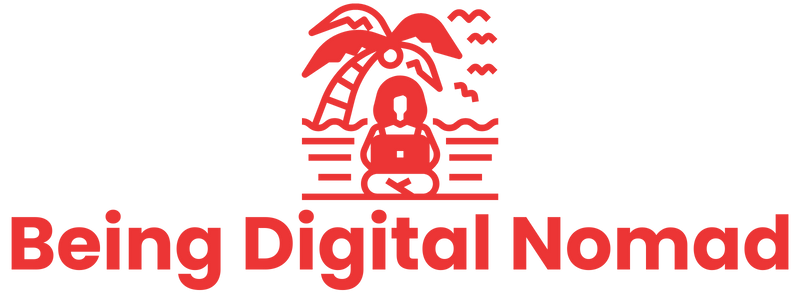Key Takeaways
- The pandemic catalyzed remote work and automation, prompting shifts in work models worldwide.
- Hybrid work arrangements gain traction among companies like Apple and Google, while others, including Goldman Sachs and JPMorgan Chase, opt for a traditional workweek.
- Safeguard Global’s CEO emphasizes the need for adaptability, highlighting the importance of adjusting to evolving work trends.
- Employee preferences lean toward flexible work policies, potentially impacting work-life balance and retention rates.
Changing Work Dynamics Amidst the Pandemic
Austin, TX–The pandemic significantly impacted the job industry, changing how people and organizations approach work.
The work-from-home model has been working for organizations too. Studies based on the pandemic’s impact on the job environment claim that the transition sped up predictions of mass workforce mobility (remote working) and automation in many sectors (read one here).
Adaptability in a Shifting Landscape: Insights from Safeguard Global
Hybrid work models are getting increasingly popular among organizations worldwide. Organizations like Apple, Google, and KPMG have restructured to have their employees working semi-remotely. Many companies are experimenting with various techniques to cope with the unprecedented shift, quickly adapting to the changing standards and customer expectations.
However, some companies like Goldman Sachs, JPMorgan Chase, and Netflix have decided to revert to the traditional five-day workweek.
On November 2, Benefit News published a report featuring an interview with Bjorn Reynolds, CEO of Safeguard Global, an online job platform that offers workforce and payroll management services for organizations currently operating or planning to convert their workforce mobile.
Employee Preferences and Potential Implications
“We help organizations locate, recruit, manage, and pay their workforce across 180 countries,” said Reynolds in the report. “We get requests from companies with a worker who wants to move to a different country, yet they don’t have the traditional means of employing them.”
According to the CEO, organizations must adapt to the changing trend to stay in the game.
“Imagine telling somebody who hasn’t had to commute for four hours a day you have to go back, and then there’s a company that won’t make you go back,” he explained in the report. “You’d leave and go there.”According to another study (read the full report) conducted by UK-based recruitment platform Aquent, “full-flexibility; on-site, remote, or hybrid” is the policy most employees think will contribute to their work-life balance, followed by “flexible hours,” “4-day work week,” and “unlimited vacation,” respectively.
A survey by Resume Builder found that nine out of ten companies would require employees to return to the office by 2023 and that a fifth would fire those who don’t comply.
Maintaining Adaptability Amidst Changing Expectations
According to Reynolds, this would only “push even more employees out the door,” maintaining his perspective that things would not go back to the way it was.
What We Think
The pandemic’s influence reshaped work dynamics, leading to divergent approaches among companies regarding remote work. While some embrace flexibility, others revert to traditional structures.
Safeguard Global’s insights emphasize the necessity for adaptability to retain talent in this evolving landscape. As employee preferences favor flexibility and work-life balance, companies may need to balance operational needs with accommodating their workforce to remain competitive and retain top talent.
A rigid return-to-office approach could risk employee attrition in favor of more flexible opportunities elsewhere.

